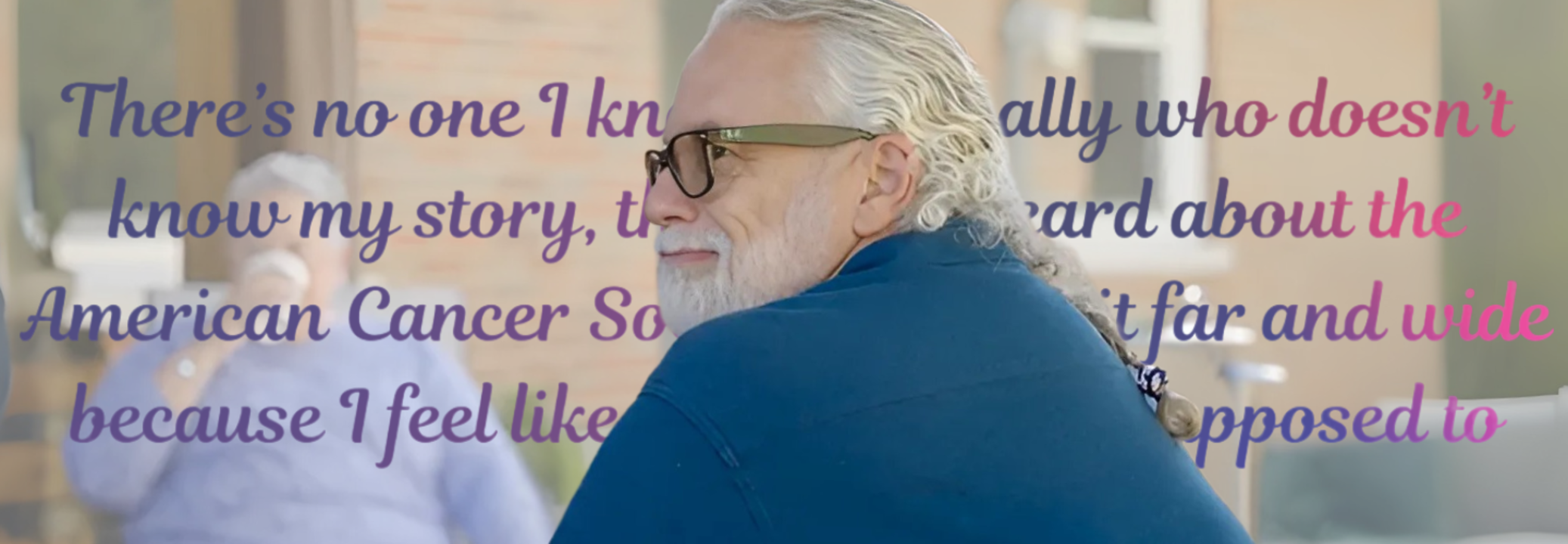This Man Miraculously Beat Cancer Thrice; One Was Diagnosed Due To A Strange Symptom He Experienced During Cycling

(Credit-American Cancer Society)
SummarySurviving cancer is a big feat; however, can you imagine doing it thrice? While the circumstances may be more strenuous, Steve not only survived cancer three times, but he now also advocated for the queer community and closing the healthcare gap.
End of Article
